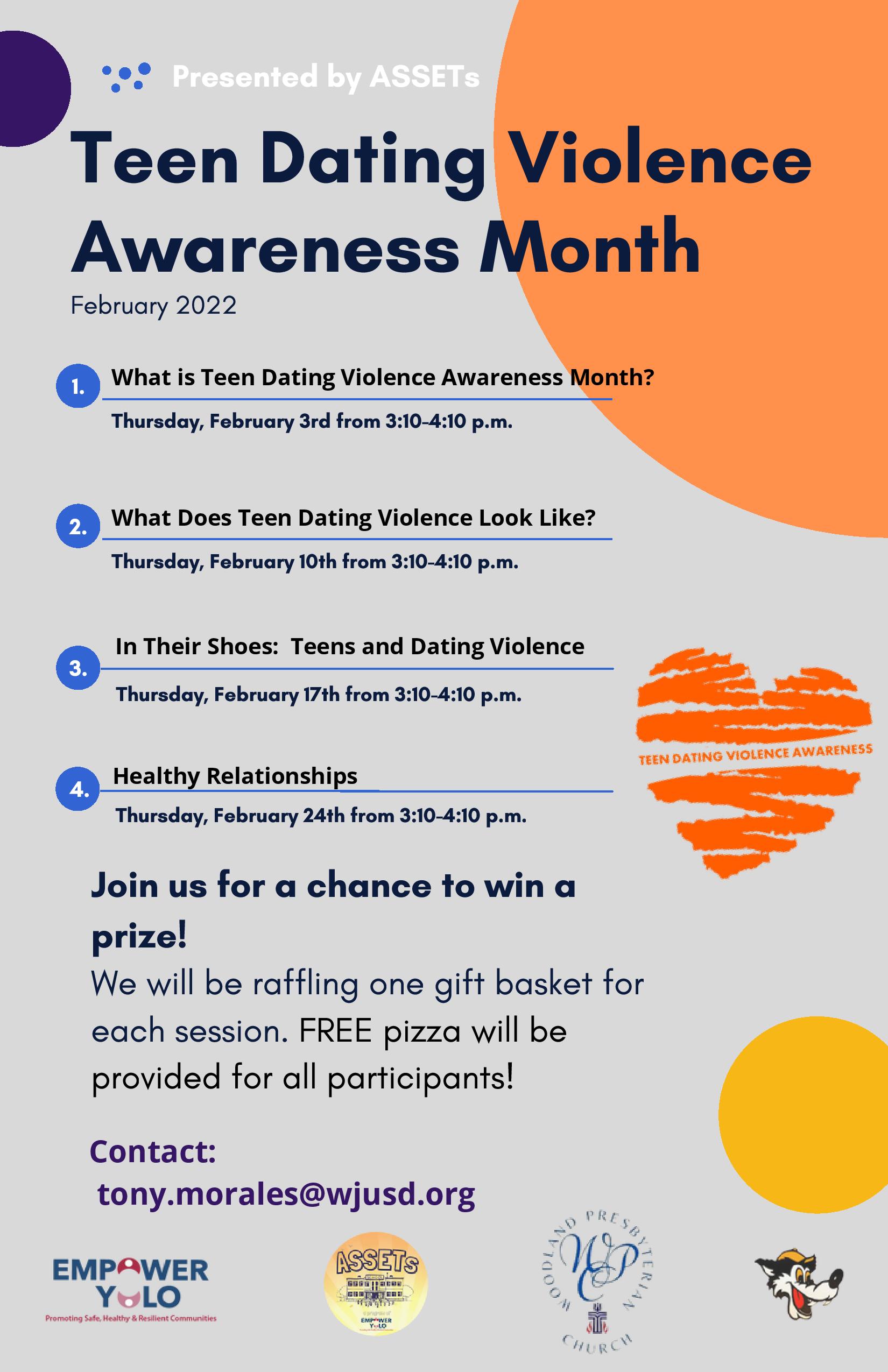
Domestic violence can be defined as abuse that involves physical or sexual abuse of the partner. It can also include coercion, threats, and intimidation. Additionally, abuse may include false accusations or imprisonment. Here are some examples. If any of these behaviours have happened to you, it's time to seek professional help.
A physical attack
Physical abuse is one of the most obvious and debilitating forms of domestic violence. This could include hitting and pushing, as well as biting, biting, and pinching the victim's hair. Sometimes, the victim may be forced to drink or use drugs. Other forms of physical abuse include stalking and sexual coercion.
While domestic violence is most commonly associated with physical abuse, many victims don't realize that there are other forms of abuse as well. Non-physical abuse could include withdrawal of affection, threats of violence and social isolation. These actions can result in a negative family environment, which can have a detrimental impact on the victim's overall health.
Threats
Threats to domestic abuse can take many forms. Oftentimes, these crimes are made with the intent of harming someone or destroying their property. Other forms of threats are equally serious. They can include the threat of harming your pets or suicide. Domestic violence can also include threats to commit sex acts. This includes making someone view pornographic material or have sex.

A threat to use violence against the victim is especially dangerous. It increases the danger of lethal force. This tactic is used by many abusers to control their victims. The threat of lethal force can increase the danger, and it should always be considered a warning sign.
Coercion
The concept of domestic violence coercion is complicated. Although it is difficult to define, feminist scholars believe that batterers use pressure to control their victims. There are many ways to approach this issue, including using threats, emotional insults, economic deprivation and isolation.
Coercion is defined by the degree and type of coercion. Some forms of coercion are more severe than others. The less severe forms are those that make the victim look embarrassed or seek sex outside the relationship.
Intimidation
Domestic violence can be difficult to spot, but there are indicators that may indicate it. These signs include threats, intimidation, coercion, and financial control. These types of abuse can leave victims with lasting psychological scars. If you suspect that someone you know or care about is engaging in such behavior, it's important to get legal help as soon as possible. This evidence is useful for prosecutors to prosecute, protect, and ensure the safety of the victim.
Intimidation during domestic violence can be a crime. This crime is currently punishable under the Crimes of Domestic and Personal Violence Act 2007. Abusing animals in domestic relationships is also illegal. Domestic violence cases can involve violence against children and pets. However, federal law does not recognize the importance of pets in such situations.
Cyberstalking

Cyberstalking is a common cause of domestic violence, but many people don't know this. But there are ways to help victims. North Carolina currently has a bill in consideration that would strengthen state laws to combat domestic violence and cyberstalking. Advocates suggest that more people should be aware of these issues, and seek assistance.
First, file a complaint with your local law enforcement agency. Keep a copy of any police reports and correspondence you receive if you suspect you have been stalked. You may also wish to change your home telephone number, Internet service provider, and e-mail address to prevent unwanted contact. You may also need privacy-protection software installed on your system. Some email programs also have the ability to block certain email addresses.
Intimate partner violence
Intimate partner aggression is when one of the partners repeatedly threatens or hurts another. This usually takes place at home. The abuser can also control the victim’s finances and restrict her movement. She may not be permitted to leave her home without permission, or she may be denied access to the telephone. She might be cut off from her family or friends, who could assist her in escaping the abuse. She might also be subject to threats, which could limit her options or force her/his to do acts against her will.
Domestic violence includes many types of abuse. The definition is broad. The most common forms include sexual assault, physical assault, and battery. It could also include threats of coercion or coercion to have or have sex. Threats can take the form of threats, words, gestures, weapons, or even violence. Other types of abuse include choking, burning, and using a knife.
FAQ
What is the most important thing in a relationship?
Trust is the key to a successful marriage. If you can find someone who trusts you and believes in you, nothing will stop you from achieving great success together.
It is impossible to force trust. But you can create an environment where people feel safe to share their secrets and vulnerabilities. This builds a sense o belonging that makes people more open to you.
But how can trust be created? There are two ways. You can earn it. It's possible to earn it by showing clients you care and are dedicated to their success.
You can also give it away. By sharing your knowledge, expertise, you can make it more accessible. Share your wisdom to help others learn and avoid similar mistakes.
Trust is built by showing your clients you care and are committed to helping them reach their goals.
You can earn trust when you share your knowledge. When you teach others, you gain the respect of those whom you teach. And trust is built from respect.
Therefore, if trust is something you desire to build, start by earning it. Then, once you have their trust, you can use it to help them reach new heights.
How long does it take for the pieces to come apart?
People often wonder how long it takes for a relationship to end and if it is worth it. The truth is, no matter how much you try, breaking up won't always work.
You might need to take longer if you try to end things by talking to someone who isn’t interested in listening.
Even if you've tried everything, you still might not be successful. This is because some couples are just not meant to be together.
You should talk to someone first if you want to end your relationship with them. Let them know that you have made a choice and ask if they are okay with it.
If they give you a yes, you should go ahead with your plan. However, if they do not agree with your decision, you should reconsider.
Why does love fade?
Our mutual dependence causes love to fade. We become so familiar that we don't notice our differences anymore.
We forget why we were drawn to each other.
We then wonder why we don't feel happy anymore.
It's easy to fall in love and be swept away. Everything else seems irrelevant. All you can think of is your partner.
You start to get tired of one another and you begin to see all the things you don't like about yourself.
You start to think: "I don't know if I really love him/her afterall."
This happens because your ex-partner has lost sight on what attracted them in the first place. The result is that you compare yourself to your ex-partner.
You see that they were far better than yours.
This realization can make you wonder if you should keep your relationship.
But before you decide to end it, ask yourself these questions: Do you still enjoy being with your partner? Are you satisfied with your life as it stands now?
If you answer yes to both questions, you shouldn’t end the relationship.
Because, even though it's disappointing, you still love being with you partner.
You know you deserve happiness.
Don't let your love slip away. Keep loving until your partner loves you.
Can I trust my girlfriend/boyfriend?
It is normal to be concerned about whether or not your partner can be trusted. You don't want them to hurt you.
If you have questions about your relationship, talk to your partner. Ask them if your partner is trustworthy.
If they give you a positive answer, you should see them again. However, negative feedback from them should be ignored.
Statistics
- After analyzing the data and controlling for the influence of other personality traits and demographic factors, she found that gritty men were 17 percent more likely to stay married. (time.com)
- It's less than 1% of the variation in overall marital satisfaction. (time.com)
- But Gottman's research shows that three years into a relationship if you're not arguing at all, you're much more likely to find yourself arguing in divorce court. (time.com)
- If you expect to get what you want 100% of the time in a relationship, you are setting yourself up for disappointment. (helpguide.org)
External Links
How To
How to start new relationships
To start a conversation, it is best to ask a direct question. It is best to ask questions in person, rather than by email or via social media. This shows your interest in meeting up with someone. You can then follow up by calling them or meeting face-to-face if they agree to meet.
This works well if you know what you want from the beginning. You can ask your partner what they most like about their current partner if you don't know what you want. The key here is to find out how to get things started.
You might try talking to other people who have been in similar situations if you are still having trouble getting results. You can either use online dating sites like Tinder or PlentyOfFish, Match.eHarmony. Zoosk, OkCupid, Tinder and PlentyOfFish, Match.eHarmony.com, or offline methods such a friend, family member, neighbor, co-worker, church groups, book clubs and sports teams.
Once you have some ideas, it should be possible to determine what you want. You can then decide whether you want to contact them directly or wait for them to come to you. Make sure to allow yourself sufficient time before taking any major decisions.